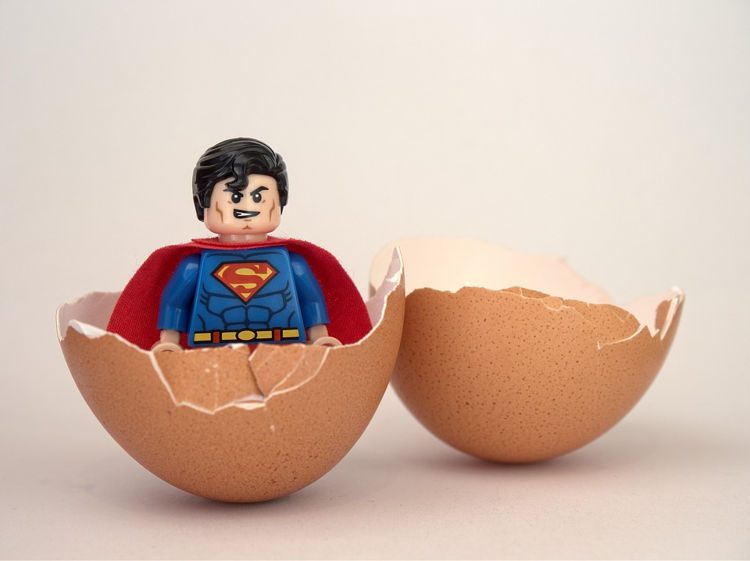For over a century, animal experts have known that a certain variety of rabbits move exclusively on their front legs when trying to move fast, but they’ve only recently learned why that is.
The Sauteur d’Alfort, also known as the Alfort jumping rabbit have baffled scientists for more than a decade. Unlike other rabbit varieties, the sauteur d-Alfort have a uniquely acrobatic way of moving. Over short distances, when moving slowly, they walk on all four limbs, but their hind legs hit the floor one after another, rather than at the same time. But the truly remarkable thing happens when it needs to move faster. Rather than hopping, it quickly lifts its hind legs above its head and starts moving on its front legs alone. Experiments done decades ago showed that the sauteur was incapable of hopping, but thanks to modern technology, scientists know exactly why that is.










